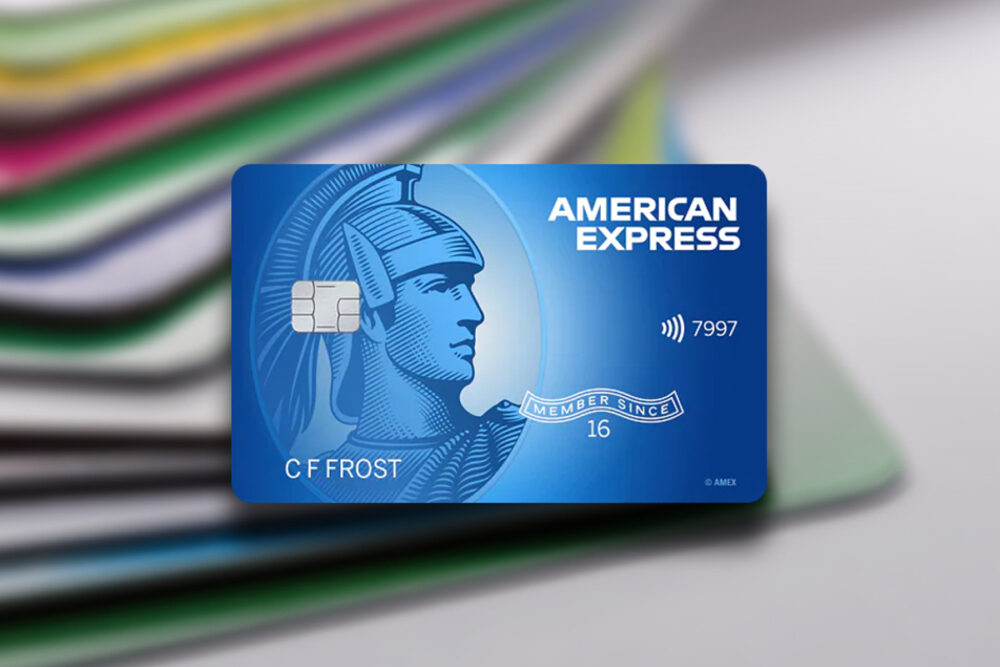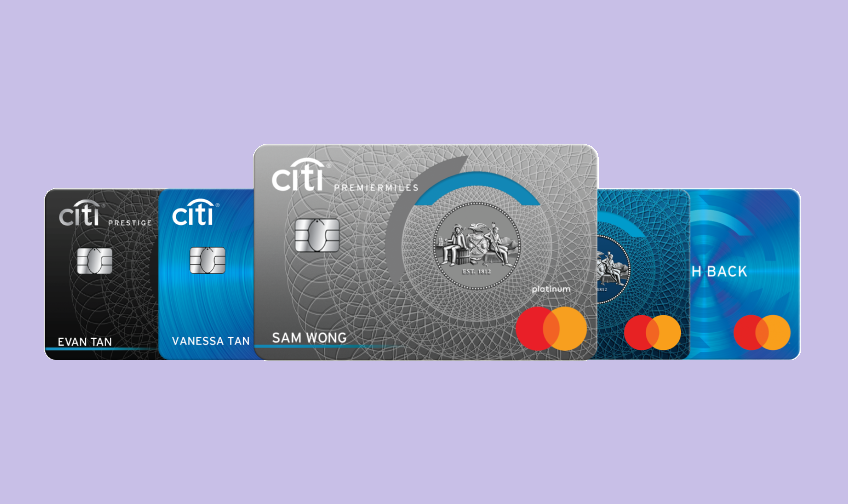Tips to Avoid Credit Card Debt and Maintain a Good Credit Score

The Importance of Financial Management
In today’s fast-paced world, managing your finances can feel overwhelming. It’s easy to fall into the trap of credit card debt, especially when faced with enticing offers and the pressures of modern living. However, with some conscious strategies, you can not only avoid credit card debt but also maintain a healthy credit score that opens the door to financial opportunities.
Understanding your financial habits is the first step toward a secure future. This self-awareness can help you make informed decisions that lead to lasting financial health. Let’s explore some key practices to embrace, which are foundational for anyone striving for financial stability.
Budgeting Wisely
Creating a monthly budget is essential for tracking your income and expenses. Take time to write down all your sources of income and categorize your spending—fixed costs like rent or mortgage, flexible expenses such as groceries, and discretionary spending on entertainment. Online tools and apps like Mint or YNAB (You Need a Budget) can help streamline this process, making it easier to visualize where your money goes.
An effective budget does not merely restrict; it empowers you to allocate funds toward savings goals, travel, or other investments. For instance, if a part of your budget goes toward a “vacation fund,” you’ll be more likely to see that financial goal materialize rather than simply dreaming about it.
Using Credit Responsibly
While credit can be a helpful tool, it’s vital to use it responsibly. One fundamental rule is to pay off your balance in full whenever possible. Carrying a balance not only incurs interest but can also detrimentally affect your credit score. For instance, if you have a credit card with a $5,000 limit and a $1,500 balance, you’re using 30% of your available credit. Experts recommend keeping your utilization below 30% to foster a healthier score.
Consider automating your payments or setting reminders for due dates. This will help you avoid late fees while also ensuring you stay on track with your financial commitments.
Monitoring Your Credit
Regularly checking your credit report for errors or discrepancies is a crucial step in maintaining a good score. The three major credit bureaus—Equifax, Experian, and TransUnion—allow you to access your credit report for free once a year at AnnualCreditReport.com. Take advantage of this opportunity to spot any mistakes or signs of fraud. If you notice incorrect information, dispute it promptly, as even small inaccuracies can adversely affect your credit score.
By being proactive and informed, you empower yourself to make sound financial decisions. A good credit score is not just a number; it signifies trustworthiness to lenders and opens doors to better opportunities, such as lower interest rates on loans and premium credit card options.
Taking small, consistent steps can lead to massive changes in your financial life. Start today, adopt these strategies, and embrace your financial journey with confidence! Remember, the road to financial health is a marathon, not a sprint—each step you take counts.
DISCOVER MORE: Click here to learn how to apply
Building a Solid Financial Foundation
In a world where instant gratification drives many of our purchasing decisions, developing a conscious approach to finances is more important than ever. Being proactive in your financial management not only helps you avoid credit card debt but also sets the stage for maintaining a good credit score. The journey starts with creating a strong foundation through key financial habits.
Establishing a Comprehensive Budget
The cornerstone of effective financial management is a well-thought-out budget. Start by evaluating your monthly income and expenses, ensuring that you categorize them effectively. A simple yet clear breakdown may include:
- Essential Expenses: This covers necessary costs such as housing, utilities, transportation, and groceries.
- Discretionary Spending: These are optional expenses like dining out, entertainment, or luxury items.
- Debt Repayment: Allocate funds towards paying off any existing debt, including loans or credit cards.
- Savings and Investments: Always prioritize saving for your future, whether it’s building an emergency fund or contributing to retirement funds.
Having a clear overview enables you to identify areas where you can cut costs and allocate more towards savings. For instance, you may realize that cutting back on dining out could help you save for an exciting trip or a new gadget. A budget isn’t a restriction; it’s a roadmap to achieving your financial goals.
Mastering the Art of Credit Utilization
Understanding credit utilization, which refers to the amount of your available credit that you are currently using, is crucial for maintaining a healthy credit score. Experts recommend keeping your credit utilization below 30%. This means if you have a credit limit of $5,000, you should aim to keep your outstanding balance below $1,500. Managing your credit utilization effectively can strengthen your credit profile and improve your chances of favorable interest rates in the future.
Another powerful tool is setting up automatic payments. You can register for automatic bill payments to ensure that you’re making your monthly credit card payments on time. This not only helps you avoid late fees but also builds a positive payment history, which is a significant factor in determining your credit score.
Monitoring Your Financial Health
Consistently monitoring your credit is a proactive way to safeguard against identity theft and unauthorized charges. You can obtain a free credit report once a year from the three main credit bureaus—Equifax, Experian, and TransUnion—through AnnualCreditReport.com. Use this opportunity to examine your report carefully. Look for any discrepancies or unfamiliar accounts, and dispute any inaccuracies immediately. This diligence can protect your credit score and financial health over the long term.
By incorporating these foundational practices into your financial habits, you create a more stable and promising economic environment for yourself. Remember, taking small, deliberate steps today can have a lasting impact on your financial future. Arming yourself with knowledge and resources is key in your journey to mastering your finances! Embrace the process with enthusiasm and commitment, knowing that every thoughtful action builds toward your ultimate financial success.
DISCOVER MORE: Click here to learn how to apply
Strategic Spending and Smart Use of Credit
As you navigate your financial journey, it’s essential to develop strategic spending habits. Making wise decisions regarding credit card use not only helps you avoid unnecessary debt but also enhances your credit score. Let’s explore some effective strategies for responsible credit usage.
Prioritizing Needs Over Wants
In the age of online shopping and abundant credit offers, it’s easy to get carried away with impulsive purchases. Before you reach for that credit card, take a moment to evaluate your motivations. Ask yourself: Is this a need or a want? Focus on fulfilling your genuine needs first—be it groceries, bills, or other essentials—before indulging in discretionary spending. By resisting the temptation of impulse buys, you can not only save money but also reduce the risk of accumulating credit card debt.
Using a Rewards Strategy Wisely
If you choose to use credit cards for their rewards programs—cash back, travel points, or other incentives—ensure you are capitalizing on them without overspending. Always remind yourself that the *best* reward comes from responsible use and maintaining a low balance. Setting up a system where you can make the most out of rewards may involve scheduling regular payments that align with your budget. This way, you can enjoy the benefits without the burden of debt.
Consider also the option of consolidating multiple credit cards into one that offers better rewards and lower interest rates. This simplification can make it easier to track spending and keep your credit utilization in check.
Establishing an Emergency Fund
An essential component of financial health is having an emergency fund. Life can be unpredictable, with unexpected expenses popping up at the most inconvenient times. By setting aside a small amount each month, you will gradually create a safety net that allows you to handle emergencies without resorting to your credit card. Financial experts often recommend aiming for three to six months’ worth of living expenses in your emergency fund. The peace of mind that comes from knowing you have resources available can be empowering and help you stick to your budget.
Educating Yourself on Financial Literacy
Knowledge is power, especially when it comes to personal finance. Take the initiative to educate yourself about credit scores, interest rates, and general financial management. Numerous resources, from online courses to community workshops, can provide valuable insights. Understanding how factors like payment history and credit inquiries impact your credit score will help you make informed decisions. For example, knowing that applying for multiple credit cards within a short time can negatively affect your score can steer you into more thoughtful choices regarding your applications.
Furthermore, consider joining financial literacy groups or forums where you can share challenges and solutions with others on similar journeys. Through shared experiences, you can gain new perspectives and strategies, increasing your overall financial acumen.
As you apply these practical strategies to your financial life, you reinforce your ability to manage credit responsibly. Each thoughtful decision you make today contributes to a healthier financial future. With a little discipline and a commitment to learning, you can pave the way toward financial independence while avoiding the burdens of credit card debt.
DISCOVER: Click here to learn more
Conclusion
In a world where credit cards offer both convenience and temptation, navigating your financial landscape requires vigilance and intentionality. By implementing the strategies discussed—such as prioritizing your needs over wants, taking advantage of rewards wisely, and building an emergency fund—you can cultivate a responsible approach to credit management. Remember, each small decision counts towards your overall financial health.
Moreover, actively enhancing your financial literacy will empower you to make informed choices about credit utilization and its impact on your credit score. Knowledge is a shield against debt accumulation; by arming yourself with insights about interest rates, payment histories, and credit reporting, you create a solid foundation for a prosperous future.
Ultimately, avoiding credit card debt is not just about restriction; it’s about fostering a positive mindset toward spending and saving. With discipline and a conscious effort to live within your means, you can enjoy the advantages of credit while steering clear of related pitfalls. Every step you take towards responsible credit management is a step towards financial freedom. Let your journey inspire you to take control of your financial destiny, nurturing a credit score that reflects your commitment to long-term success. Begin today, and embrace the possibilities that come from a balanced approach to credit!



